
Tony Wright's Very Short Introduction to British Politics is an interpretative essay on the British political system, rather than merely an abbreviated textbook on how it currently works. He identifies key characteristics and ideas of the British tradition, and investigates what makes British politics distinctive, while emphasizing throughout the book how these characteristics are reflected in the way the political system actually functions. Each chapter is organized around a key theme, such as the constitution or political accountability, which is first established and then explored with examples and illustrations. This in turn provides a perspective for a discussion of how the system is changing, looking in particular at devolution and Britain's place in Europe. 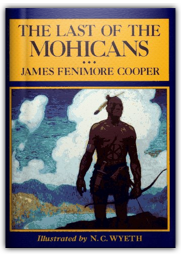
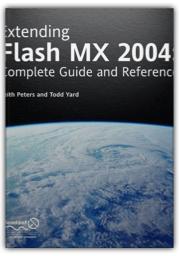
With the release of Flash MX 2004, Macromedia has given you a brand-new Extensibility Layer, which lets you look under the hood of Flash and extend its functionality. You now have the ability to take your designs further than ever before—if you have an idea for a new feature, you can just create it yourself and "plug it in." This is the future of Macromedia Flash! |
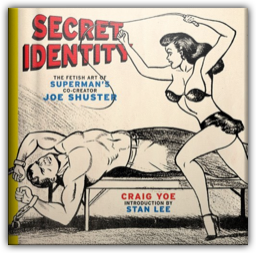
Secret Identity: The Fetish Art of Superman's Co-creator Joe Shuster showcases rare and recently discovered erotic artwork by the most seminal artist in comics, Joe Shuster. Created in the early 1950s when Shuster was down on his luck after suing his publisher, DC Comics, over the copyright for Superman, he illustrated these images for an obscure series of magazines called "Nights of Horror," published under the counter until they were banned by the U.S. Senate. Juvenile deliquency, Dr. Fredric Wertham, and the Brooklyn Thrill Killers gang all figure into this sensational story. 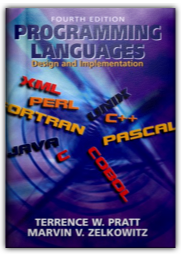
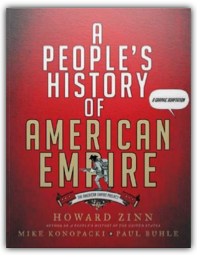
Adapted from the bestselling grassroots history of the United States, the story of America in the world, told in comics form Since its landmark publication in 1980, A People’s History of the United States has had six new editions, sold more than 1.7 million copies, become required classroom reading throughout the country, and been turned into an acclaimed play. More than a successful book, A People’s History triggered a revolution in the way history is told, displacing the official versions with their emphasis on great men in high places to chronicle events as they were lived, from the bottom up. 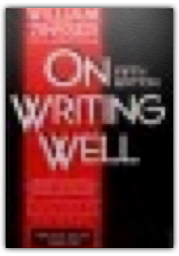
Whether you write an occasional professional letter or a daily newspaper column, William Zinsser's On Writing Wellshould be required reading. Simplicity is Zinsser's mantra: he preaches a stripped-down writing style, strong and clear. He has no patience for excess (most use of adjectives and adverbs, he writes, just adds clutter) or tired phraseology (for instance, he'd like to outlaw all leads involving those "future archaeologists" most often found "stumbl[ing] upon the remains of our civilization"). He recommends that all writers of nonfiction read their work aloud (don't commit something to paper that you wouldn't actually say) and write under the assumption that "the reader knows nothing" (not to be confused with assuming the reader's an idiot). In addition to the chapters on the expected—usage, audience, interviews, leads—Zinsser also focuses on such trouble spots as science and technical writing, business writing, sports, and humor. |

My Library
Collection Total:
1165 Items
1165 Items
Last Updated:
Sep 9, 2009
Sep 9, 2009



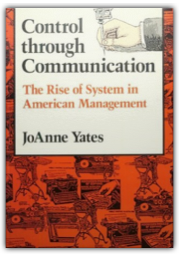
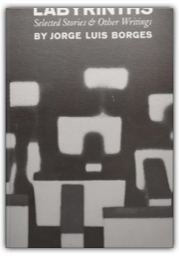
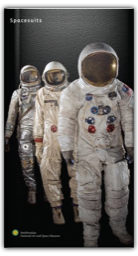
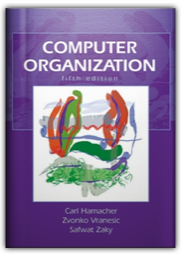
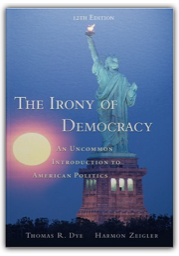
 Made with Delicious Library
Made with Delicious Library